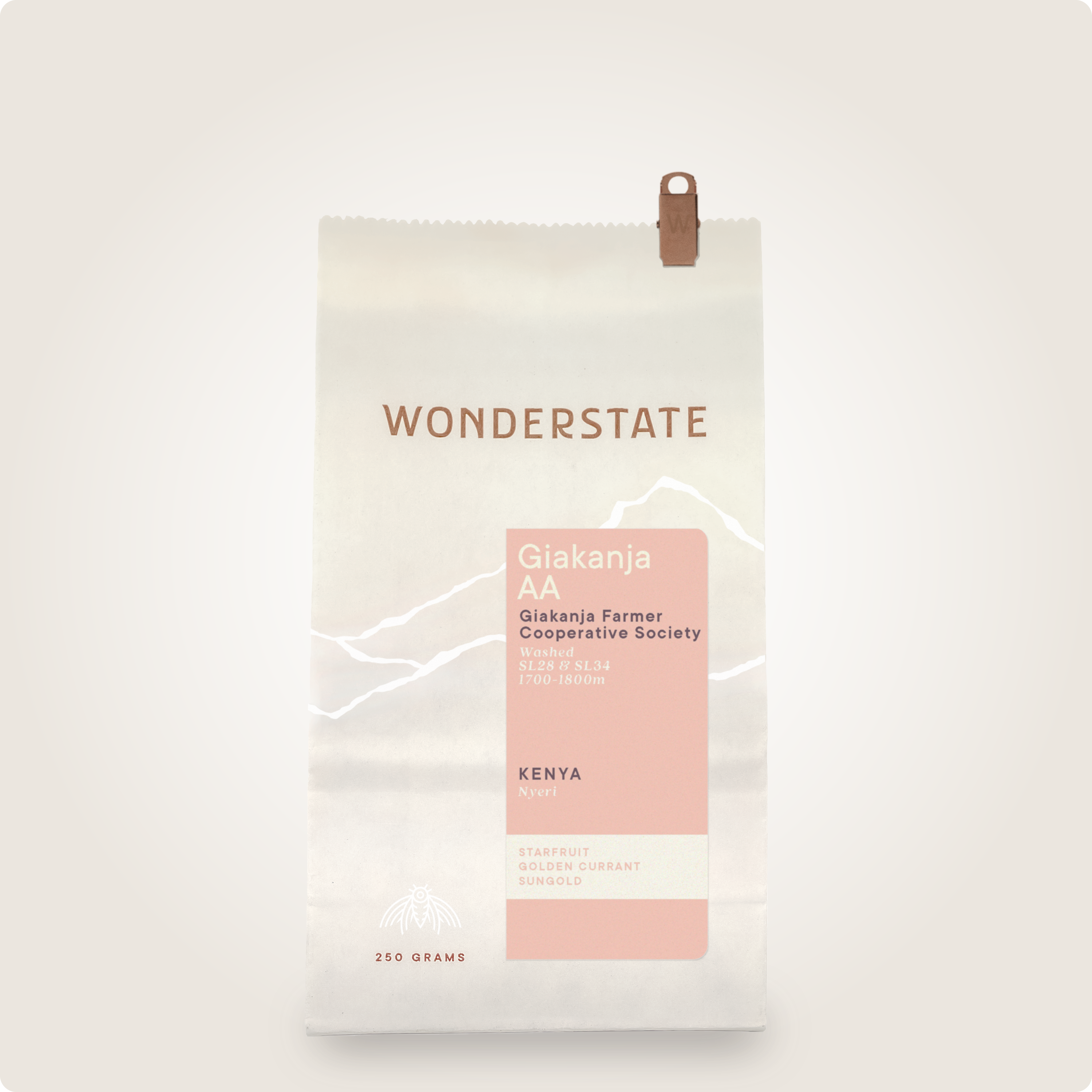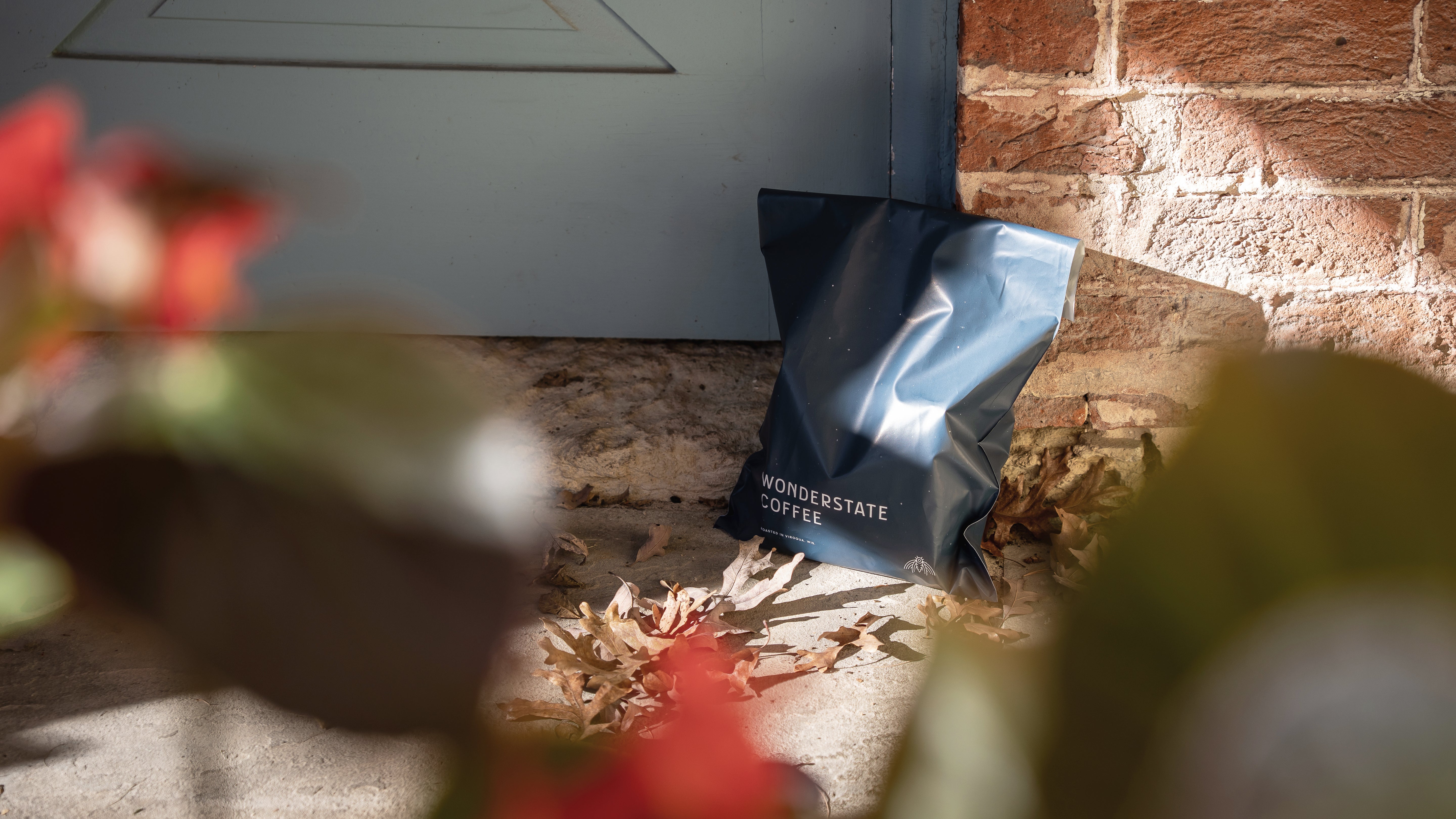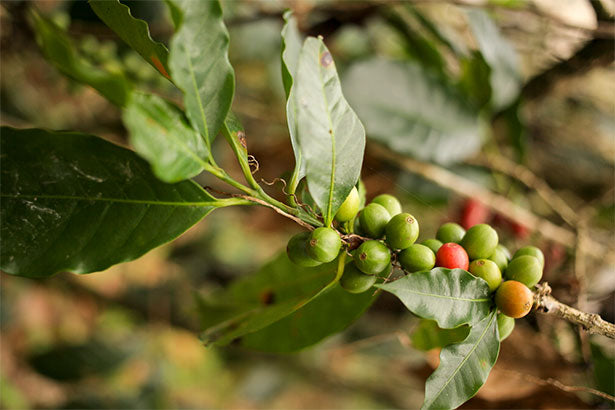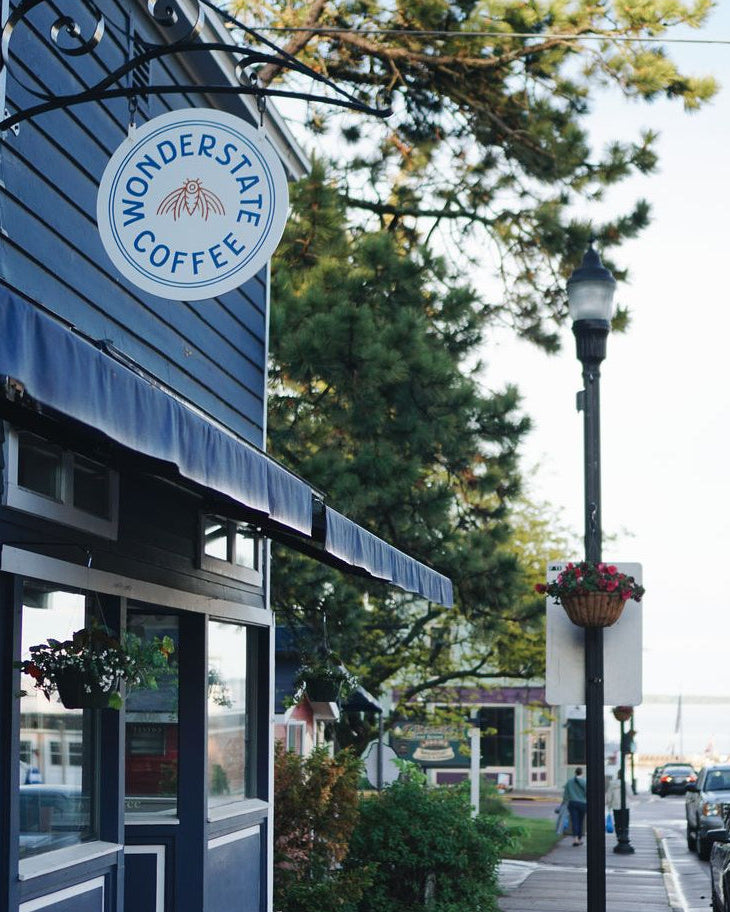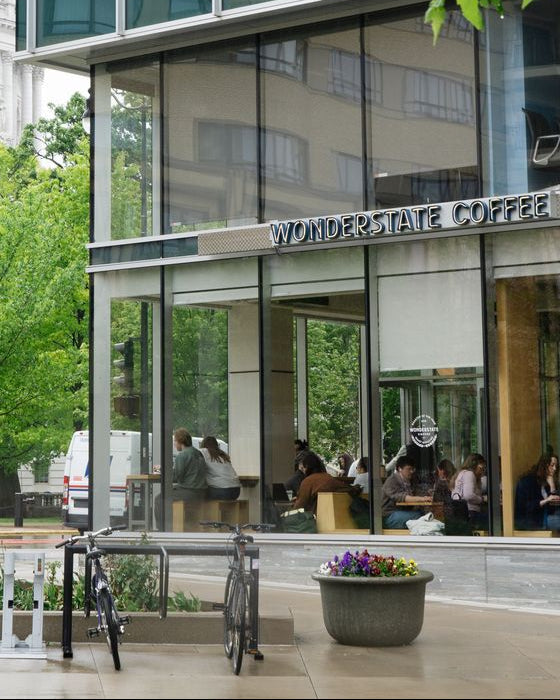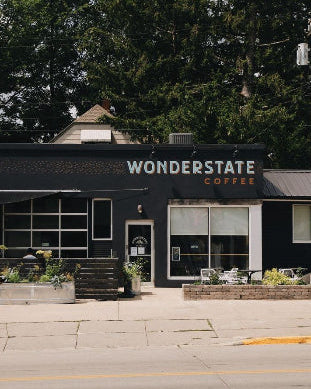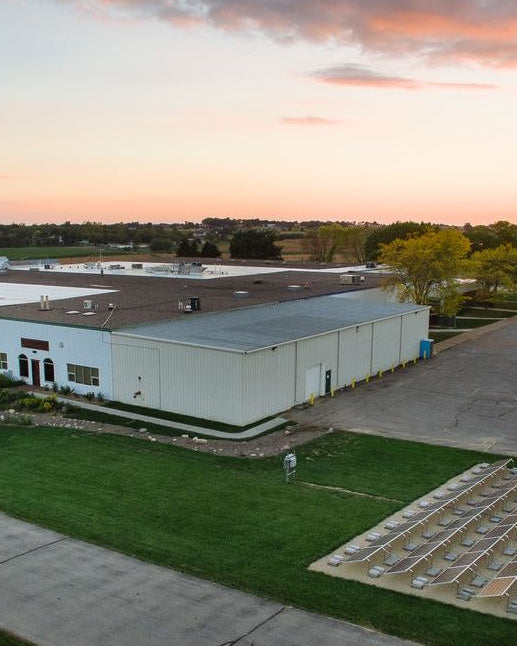Farmers’ Societies across Kenya, like Giakanja, represent hundreds, sometimes thousands, of smallholder farmers. While washing stations focus on processing cherry, societies like Giakanja also guide members in agronomy and harvest practices to raise quality from the ground up.
With nearly 1,200 members, Giakanja must manage separation, blending, and lot-building across dozens of daily deliveries. This year’s standout selection comes from a handful of farmers cultivating SL28 and SL34. These Bourbon and Typica-related varieties were developed by Scott Agricultural Laboratories in the 1930s and 40s and quickly became synonymous with Kenyan quality. Though hybrids have since been promoted throughout Kenya, their flavor diverges from the clarity and intensity of the SLs. By preserving these heirloom varieties, Giakanja continues to embody the genuine character of Kenyan coffee.
Additionally, it’s worth noting that farmers at the Giakanja Farmers’ Society received prices well above the local market rate during harvest. This was made possible through agreements between Giakanja, Peter Mbature of Kamavindi, and buyers like Wonderstate Coffee. Exceptional coffees require exceptional effort. From careful cherry selection to meticulous processing, we believe that work deserves to be matched with the best prices available in the market.
In Kenya, AA refers to bean size, specifically the largest screen size used in grading. Kenyan coffee is typically classified into a few main grades:
- AA — the largest beans, often prized for their syrupy texture and intensity in the cup.
- AB — mid-sized beans, still capable of excellent quality.
- PB (Peaberry) — naturally occurring single beans, often showing concentrated acidity and sweetness.
- C — smaller seeds, though still capable of capturing distinctive profiles.
While quality is not determined solely by size, exceptional coffees can be found across all grades. AA lots remain highly sought after by buyers for their depth, sweetness, and structure.
